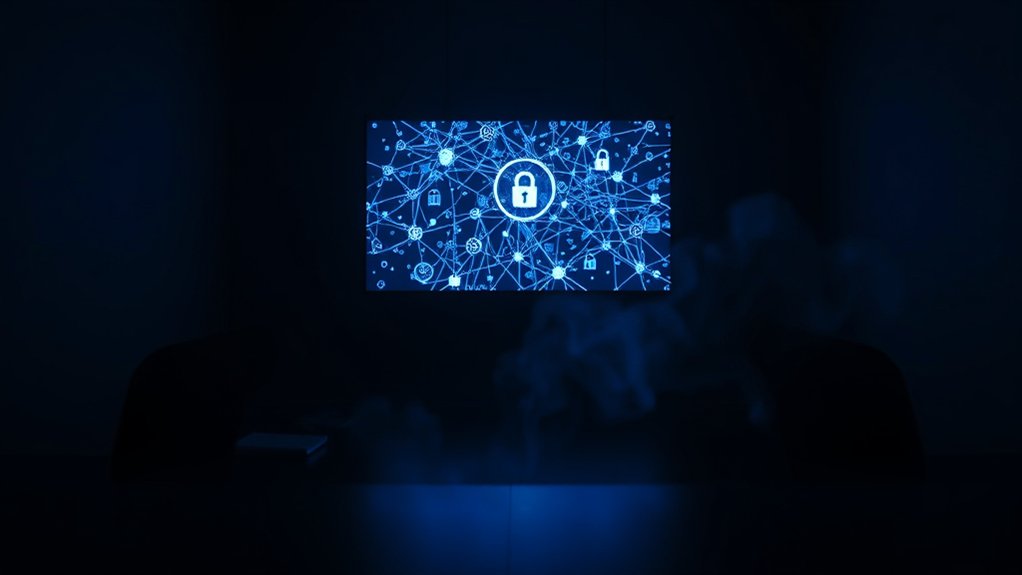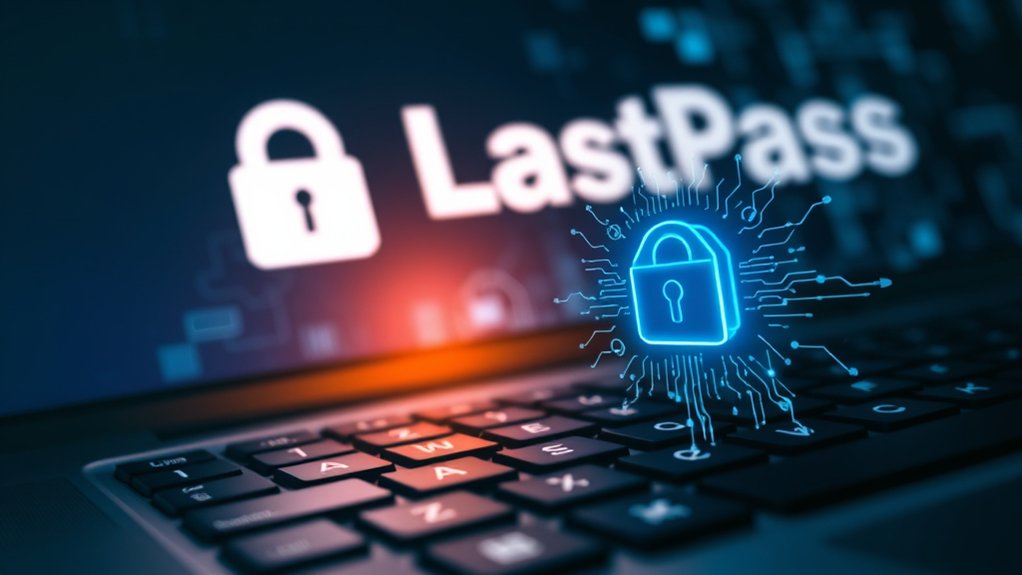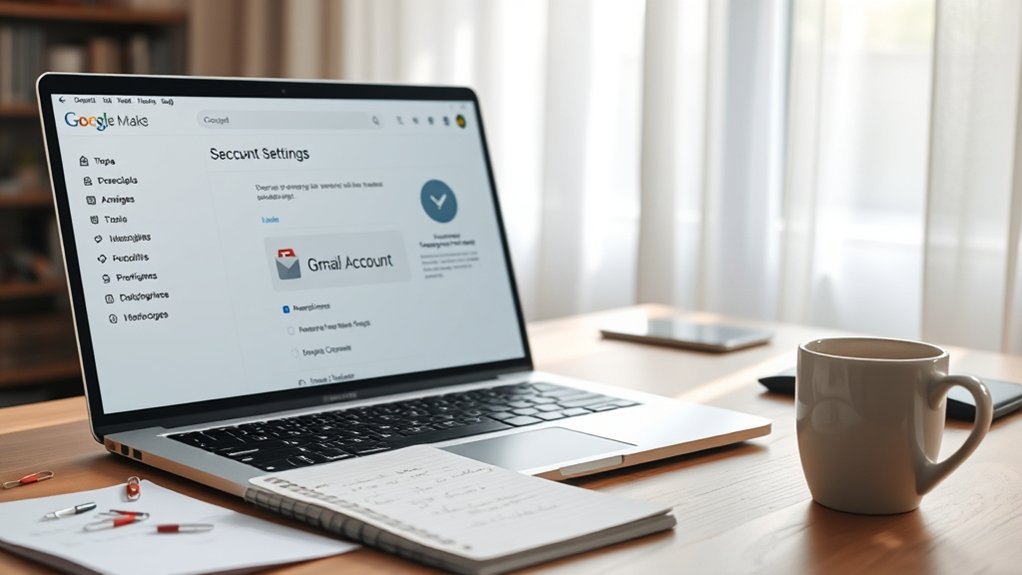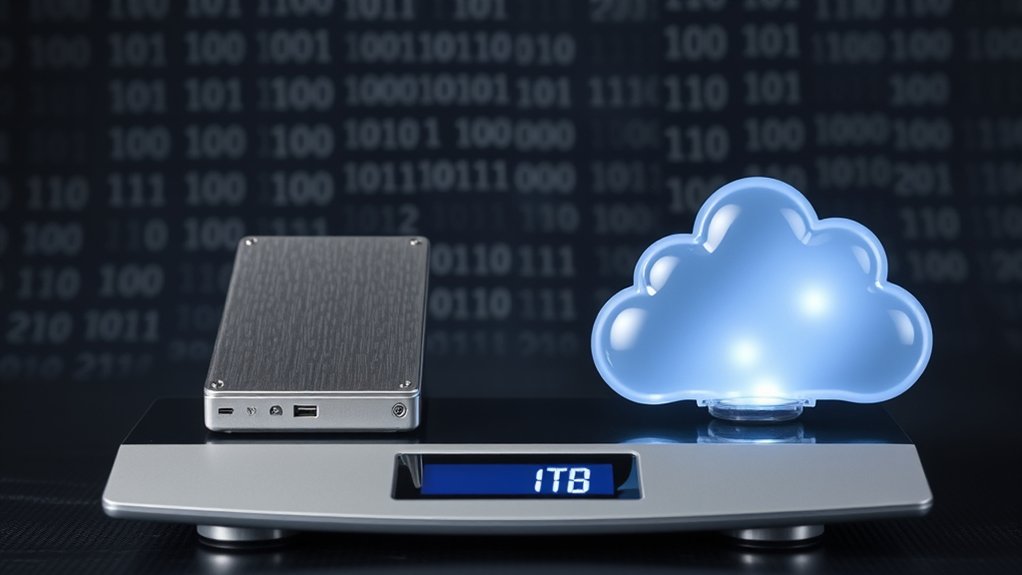The dark web is a concealed part of the internet that prioritizes user anonymity and privacy, accessed primarily through special software like Tor. As it is often associated with illicit activities—approximately 57% of its content is deemed illegal—it similarly serves critical functions, such as enabling secure communication for journalists and offering refuge for individuals in oppressive regimes. Understanding the dark web is essential, as it poses risks to enterprises and users alike, and investigating its complexities reveals further insights into digital privacy.
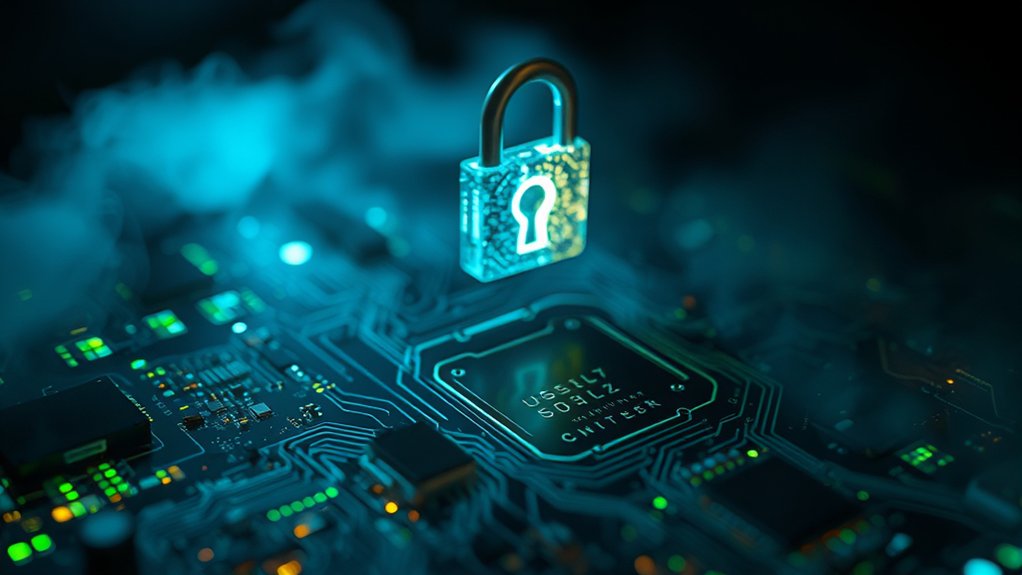
Although many internet users navigate the web through familiar search engines and social media platforms, a hidden segment known as the dark web exists primarily for anonymity and privacy. The dark web constitutes a portion of the internet that is inaccessible through standard browsers and requires specific software, such as Tor, to reach its content. This unique space prioritizes user anonymity, employing encryption and complex routing to obscure identities and locations.
A hidden segment of the internet prioritizes anonymity and privacy, accessible only through special software like Tor.
As the legal status of the dark web is not inherently illegal, it is frequently associated with illicit activities because of the level of secrecy it affords its users.
In delineating the differences between the deep web and the dark web, it is crucial to note that the deep web comprises content that remains unindexed by traditional search engines but often does not require anonymity. For instance, private databases and online banking services exist within the deep web, accessible via login credentials. Conversely, the dark web functions primarily as an anonymous platform, hosting a range of activities from whistleblowing to cybercrime, thereby allowing users to navigate without tracking.
The technologies underpinning the dark web, such as the Tor network, reflect its emphasis on privacy and security. Originally developed by the U.S. Naval Research Laboratory, Tor’s functionality allows users to route requests through multiple proxy servers, reinforcing anonymity. Additionally, cryptocurrency transactions further improve this discretion by facilitating anonymous exchanges, often for illicit goods. Moreover, about 57% of its content is deemed illegal, highlighting the extensive risks associated with its use. However, it is important to note that 60% of dark web listings were potentially harmful to enterprises in 2019, which underscores the dark web’s impact on business security.
Despite its negative connotations, the dark web serves legitimate purposes. Individuals living under oppressive regimes utilize it to circumvent censorship, while journalists and whistleblowers rely on its capacity for secure communication. In such contexts, the dark web acts as a crucial resource for those wishing to safeguard their identities from surveillance.
Understanding the dark web is significant, as it encompasses a broad spectrum of activities and implications, including both beneficial uses and criminal enterprises. Awareness of its existence allows individuals to navigate the complexities of digital privacy in an increasingly connected world.
Frequently Asked Questions
Is Accessing the Dark Web Illegal?
Accessing the dark web is not unlawful in most jurisdictions, including the United States.
Nevertheless, the legality hinges on the activities performed once access is gained. Engaging in legal actions, such as secure communication or whistleblowing, remains permissible.
Conversely, illegal ventures, such as drug trafficking or fraud, are prosecutable offenses.
Legal experts advise users to assess potential risks and consult counsel when uncertain about the legality of specific activities conducted online.
How Can I Stay Safe on the Dark Web?
To remain safe on the dark web, users should employ specialized browsers, such as Tor, alongside VPNs for improved anonymity.
Secure messaging applications, disk encryption, and regular data backups further protect sensitive information.
It is advisable to avoid downloads from unverified sources, limit personal information sharing, and verify URLs to mitigate phishing risks.
Regular software updates and anti-malware tools are essential, as is utilizing unique passwords to safeguard accounts and transactions.
What Resources Are Available for Exploring the Dark Web?
Various resources facilitate dark web exploration, critical for ensuring user safety and information access. The Tor Browser is paramount for anonymity, whereas dark web search engines like Ahmia and Torch assist in locating specific .onion sites.
Moreover, directories such as The Hidden Wiki categorize content effectively. Integrating VPNs improves security, and encryption tools protect communications, promoting a responsible surf experience.
Experts highlight the importance of legal compliance and identity protection in this environment.
Can the Dark Web Be Used for Legitimate Purposes?
The Dark Web serves various legitimate purposes beyond its notorious reputation. Dissidents in authoritarian regimes communicate securely, whereas journalists utilize platforms like SecureDrop for source anonymity.
Moreover, individuals seek sensitive medical advice without judgment. Tools like the Tor browser improve user privacy, ensuring safe interactions.
In addition, government agencies and whistleblowers rely on the Dark Web for confidential communications, demonstrating its dual role as a space for both secure dialogue and critical information exchange.
What Are Common Myths About the Dark Web?
Common myths about the dark web include the misconception that it is solely a haven for illegal activities.
In reality, although illicit marketplaces exist, the dark web additionally serves legitimate functions, such as providing secure communication for activists and journalists.
Moreover, anonymity does not guarantee total impunity; law enforcement agencies can and do monitor activities.
Risks likewise include encounters with scams and cybersecurity threats, underscoring the need for cautious navigation.
